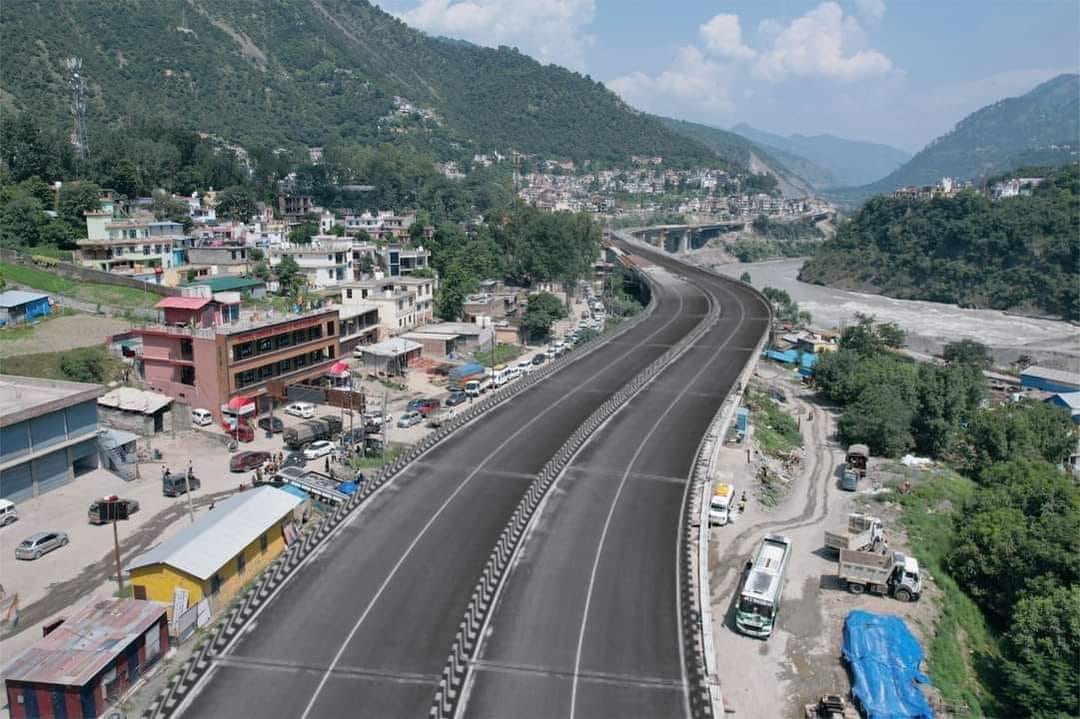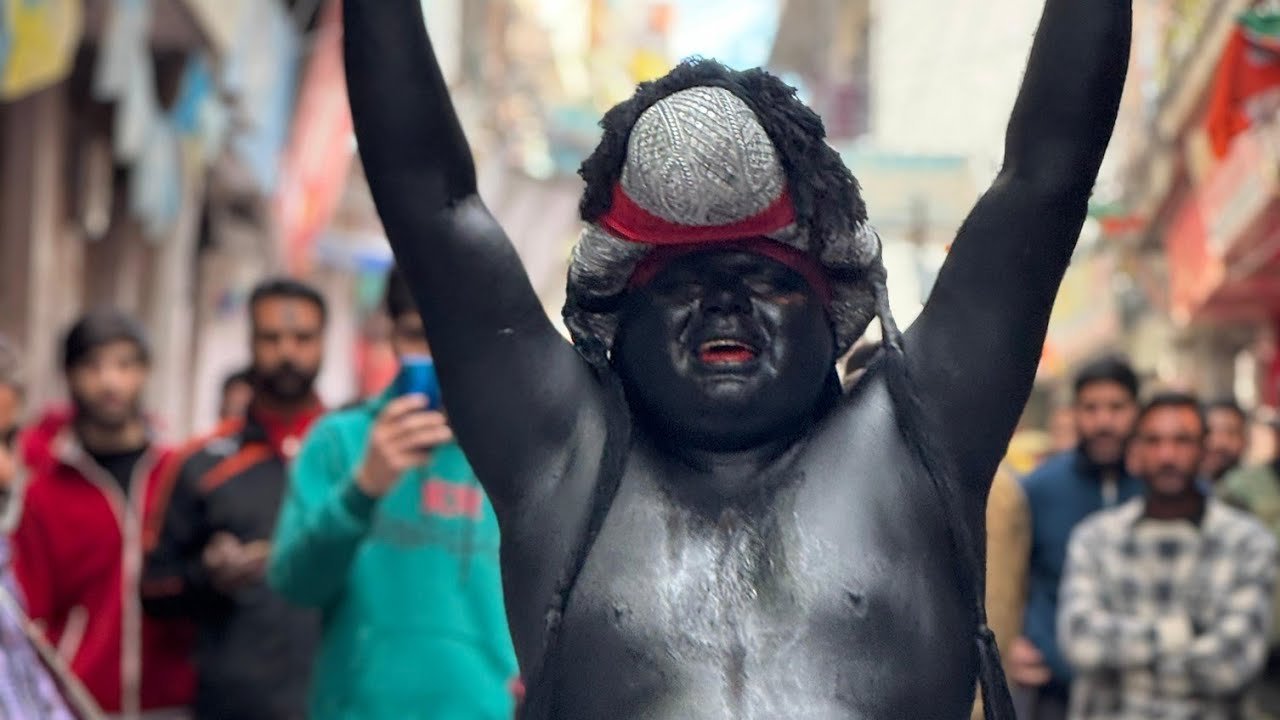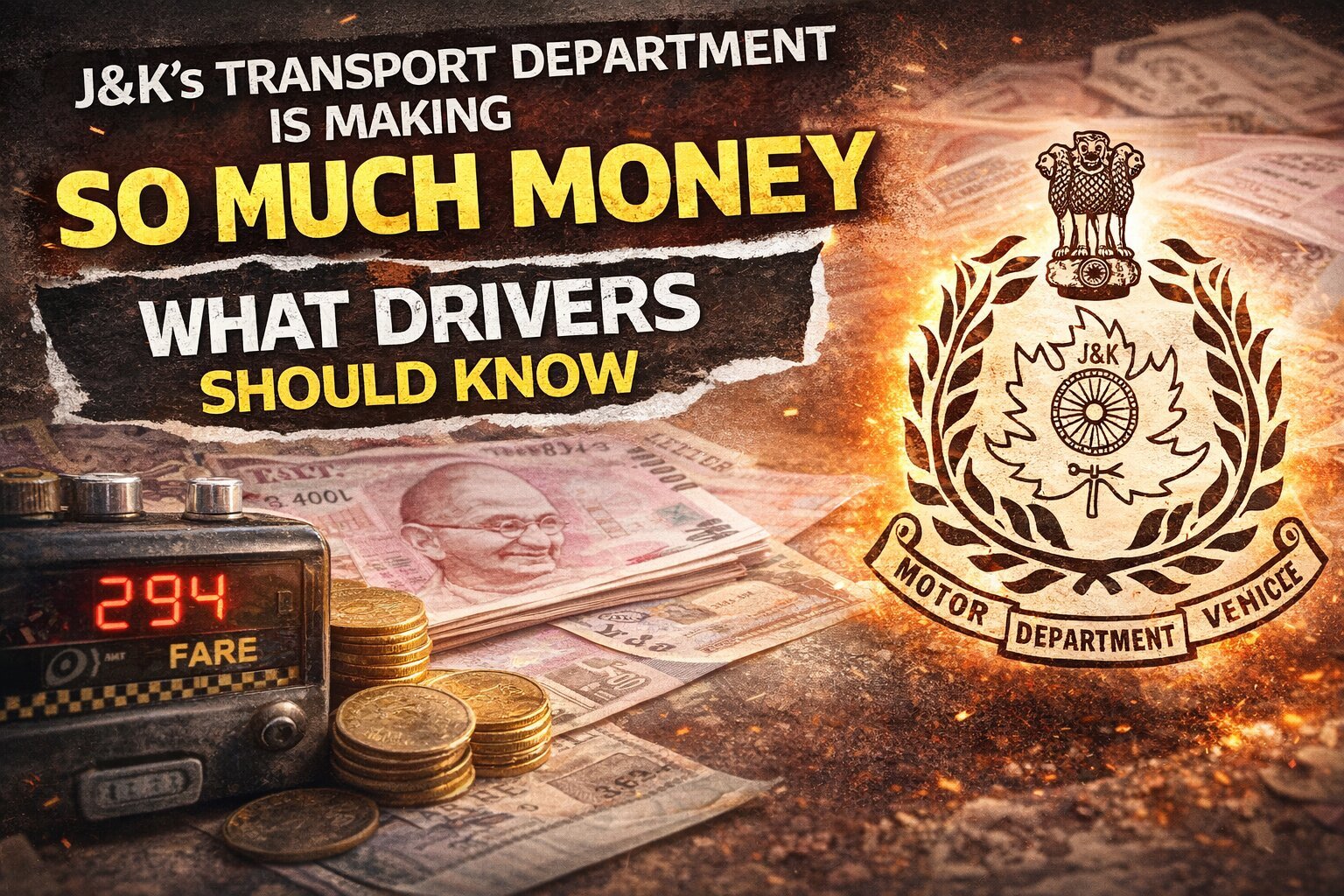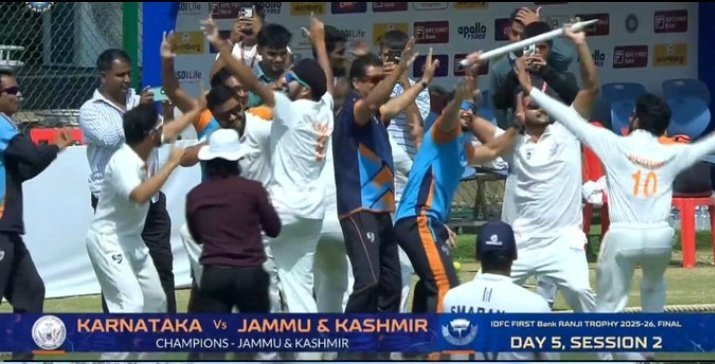For the first time since October 9, 1996, the J&K state is coming under President’s rule.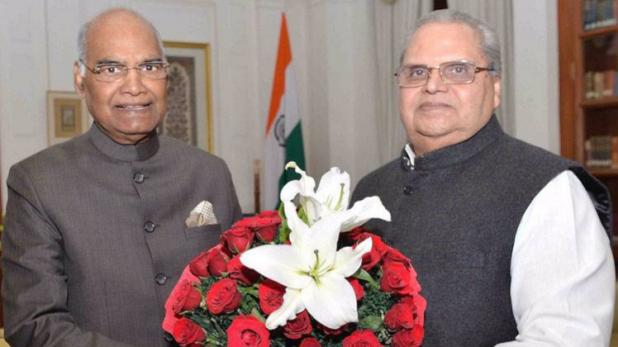
The state has been under central rule eight times, and moved from Governor’s rule to President’s rule (after six months) on two of those occasions. This will be the third time. Here are a few things you need to know :
In other states, the Centre invokes Article 356 to impose President’s rule; in J&K, under Section 92 of the J&K Constitution, the Governor can rule for six months with a set of powers, the only requirement being the President’s consent.
Governor’s rule was imposed for the first time on March 26, 1977, when the Congress withdrew support to Abdullah, the then Chief Minister.
The then Governor L K Jha put the state under Governor’s rule which lasted for 105 days until Abdullah was re-elected.
The first spell of President’s rule was in 1986. Abdullah’s son-in-law Ghulam Mohammad Shah split the National Conference legislature party, leading to the dismissal of then CM Farooq Abdullah, and became CM of a Congress-supported NC rebel government.
This was Jagmohan’s first term as Governor, sent by the Congress government in New Delhi. Facing a public backlash, the Congress eventually withdrew its support, leading to Governor’s rule, followed by President’s rule.
The longest spell of central rule, from 1990, came after a separatist movement and breakdown of the state machinery led to the resignation of CM Farooq Abdullah.
President’s rule was repeatedly extended until October 1996. Cajoled by New Delhi with promises of restoration of autonomy to J&K, NC agreed to contest polls and Farooq Abdullah returned as Chief Minister.
Read also: Things to know about J&K Prohibition of Benami Property Transactions Act, 2018
“In Governor’s rule, lawmaking power, financial power, budgetary sanction, all these powers are with the Governor.
Once President’s rule is imposed, lawmaking power is transferred to Parliament, the Budget is also passed by Parliament.




